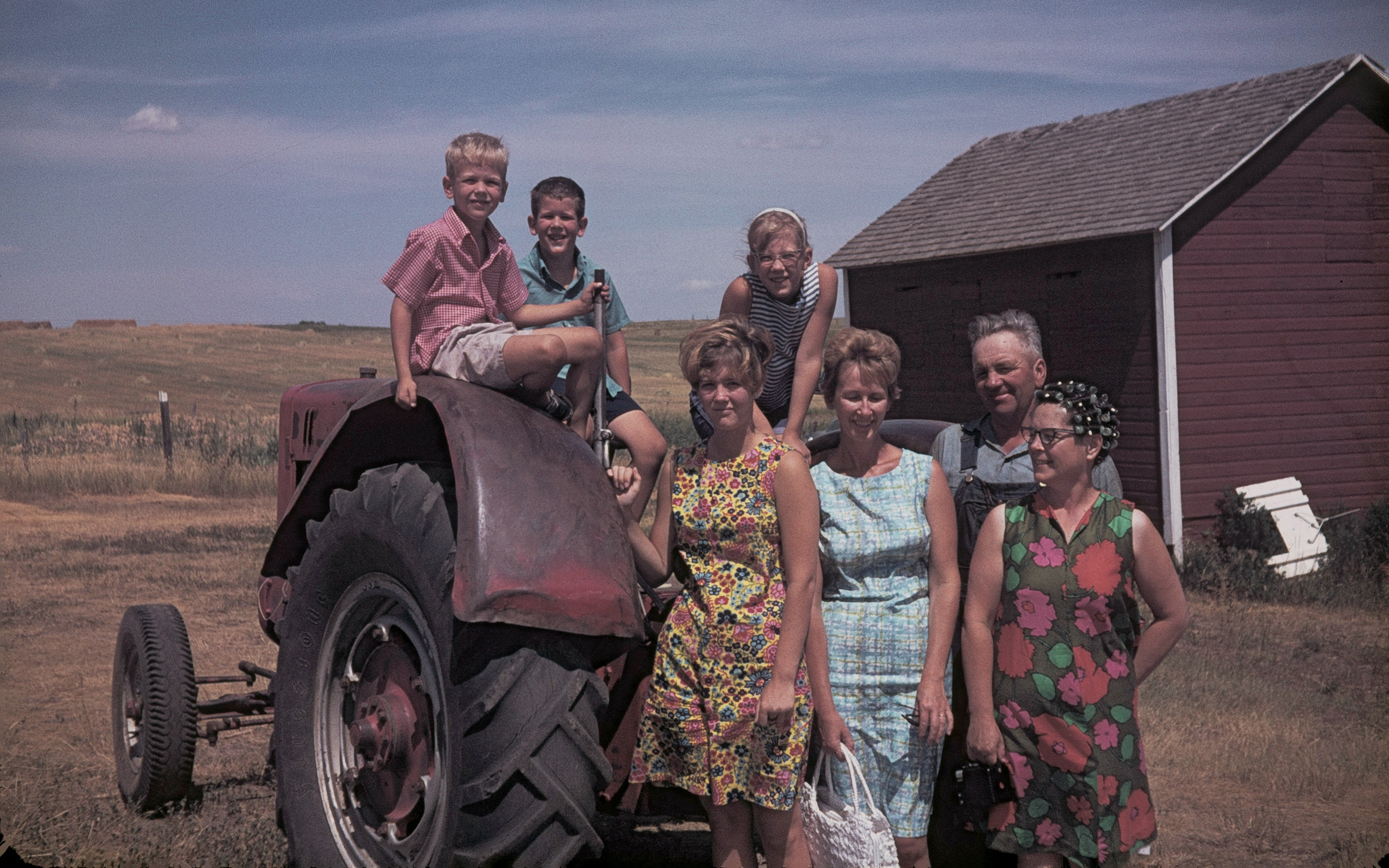Killdeer
Mary Buchinger
In the thumb of Michigan stories
of Indian camps in pockets
of thinned woods long after
a treaty took away millions
of acres and moved the nations
Chippewa Ottawa Potawatomi
to some river-bound tract
out West far beyond
their jeweled Great Lakes
Indian Dave—Ish-don-quit—
Crossing Cloud—son of a chief
lived old-style in Tuscola County
baking clay-covered fish
and snare-trapping game
he stayed even after
his first family was taken
by Black Smallpox
Stayed trading baskets
hickory whip stalks
and gun-wipers a gunnysack
of ginseng on his back pretended
tomahawk chase in town parades
His son John signed as if mute
with the white people spoke
Algonquian with his father who
walked in front John ever
behind—the narrow primeval
trail drumming within
*
The way my mother tells it
one day her grandma
Margaretha was left at home
kitchen full of fresh
homemade bread
the morning’s labor
Protect it from the Indians
her mother said
We need the money
from the trainmen
The daughter was twelve
like I was twelve
when I first remember
hearing this story
No one now knows
if the Indians threatened her
or how many there were
They appeared at the door
lured by the fragrant bread
When my great-great
grandmother Anna came
home to find the bread
gone she chased
her daughter with a knife
they said long butcher
knife for miles and miles
till she gave up
finally and Margaretha
sheltered ever after
at her uncle’s house
beside the tavern
Never again did
she go home
Her mother divorced
her father one of the first
in the county! She sold
the farm—it was hers to sell—
married the town doctor
and I believe he loved
fierce Anna’s bread
and paid and paid
for each loaf after
*
On the homestead my grandpa and his sister
ages three and five brought the cows
back home through the twisty woods
and fields of stumps rough-cut burnt
some half-dragged out roots spread
like open hands limbs and brush
grabbing at bare ankles bare feet
the children wore bells too brother and sister
hand-in-hand like a fairy tale
We can’t rest now she told him
pulling him to his feet cows
trusting them to find their way
to the barn and buckets before dark
dark all the bells ringing cow bells
jangling Ma standing at the chinked-log
cabin listening for the bells calling them in
more than ninety years ago My grandpa
tells the story from his easy chair
his white-haired head sinking toward his chest
lit cigar trembling between elegant gnarled fingers
remembers how his legs ached how tired
he was wonders how they didn’t get lost
his sister now with a long hooked nose
matching his own age-speckled pink skin
she still bends low a hundred years old!
weeding dandelions from her yard Can’t bear
to see something grow where it don’t belong
*
On the first warm days at the farm
my father pulled a spring-toothed
harrow with the John Deere in the flat
brown field leveling the tilth
readying readying and I rode
beside him balanced on the green
fender above the giant tire
fat-tracked tread spinning
below me all the colors of earth
grey black yellow red
throttle opened wide we’d piece
the field half to quarter to eighths
round and round slowing only
at each turn putt putt putt
by the mucky clay-hipped
ditches cut by shiny culverts
Flocks of glaucous seagulls
from Saginaw Bay followed like chaos
close behind swooping down
to feast on newly-bared grubs
and fecund smell of opened loam
their keow mew mew ha-ha-ha
rising above the metal tine
clatter and galloping carburetor
I loved the air and hum this manly
puttering along drumming of dirt
in the sun in the wind Aye la hum in the
sun in the wind Aye la hum la hum
Though it was my job Dad
usually spotted her first wing held
awkward out from her small
body that little pod of hollow
kill-deer! kill-deer! she cried
as she stumbled just in front
of the wheeling tractor tires
where cold-shoveled clods
of rough-waved dirt and stubble
waited for us to come break them
into workable ground somewhere
somewhere there her nest
Almost always the killdeer’s broken-
wing ruse worked saving her neat
pebbled cradle of speckled eggs
Engine killed my dad and I would jump
down from the tractor hunt the grey-
brown field for her grey-brown nest—
one time less than a feather away
from the dual front tires
what crushing we were capable of
My dad would stake the killdeer nest
with a white handkerchief flag
and the spring planting would obey—
a little zig of the drill that dropped the seeds
left a comma in the summer-fat field
long after the fledglings had flown away
*
How straight the rows now
those who farm that same flat land
ride in glass-boxes air-conditioned
surround-sound Bluetooth stereo
no killdeer nests on the GPS
earth-circulating satellite directs
the enormous tractor’s course
loud gulls still follow behind still dive
Listen to the author read “Killdeer”:
Provenance: Submission.

Mary Buchinger, author of two collections of poetry, Aerialist and Roomful of Sparrows, grew up on a small family farm in Michigan, was a Peace Corps volunteer in Ecuador and earned a doctorate in applied linguistics from Boston University. Co-President of the New England Poetry Club and Professor of English and Communication Studies at MCPHS University in Boston, Mass., she lives in Cambridge with her husband, sons, dog and cats. Her website is www.MaryBuchinger.com.
“NoDak67>” by Ted Sakshaug is licensed under CC BY 2.0.


No Comments